3 Steps to Get an Accurate Diagnosis
Posted on March 23, 2021 by Debra Burdick
Have you ever wondered if you or your family member received an accurate diagnosis? Have you ever been diagnosed with something only to discover later that it was something else? Have you had treatment that wasn’t working and found out that the diagnosis was incorrect? Many illnesses have symptoms in common with one another and it can sometimes be difficult to know for sure that a specific diagnosis is correct. This is especially true for physical illnesses with mysterious symptoms or mental health disorders such as depression or ADHD which many other issues can mimic or contribute to. And often there may be more than one thing going on that need separate diagnoses.
In order to get proper treatment for any type of physical or brain based illness one must first get an accurate diagnosis. This is a critical self-care skill. Adam was referred to me by his primary care physician who had diagnosed him with depression. When I did the initial intake assessment with Adam he did in fact have many symptoms of depression. But as I explored the history of his symptoms and their sudden onset I became suspicious that something else was causing the symptoms.
Adam had an executive position in charge of food services for a medical facility. He loved his job and enjoyed the challenge it provided. But suddenly he became extremely tired and struggled to get out of bed and get through each day. This sudden fatigue was debilitating for him and he noticed that his mood was changing from his usual upbeat attitude to feeling down, negative and hopeless.
He had never felt so exhausted and depressed in is life and he could not identify any particular reason for feeling so tired and so down. Adam explained that he was a high energy guy that loved the outdoors. Bingo! I explored how often he spent time outside and found that he loved to hike in the woods. We lived in an area of Connecticut near Lyme, CT where Lyme disease was first identified and was very common. I knew that studies show depression is associated with Lyme disease from 26% to 66% of the time, especially in later stages.
I asked him if his doctor had tested him for Lyme disease. He said the test the doctor ordered came back negative. I suggested he consult with a Lyme disease expert just in case. He did so and further, more advanced testing showed he had an active case of Lyme disease. His symptoms of depression and fatigue gradually and completely disappeared after he received proper treatment for Lyme disease.
3 Essential Steps to Get an Accurate Diagnosis
- Does the diagnosis make sense? Whatever type of symptoms you or
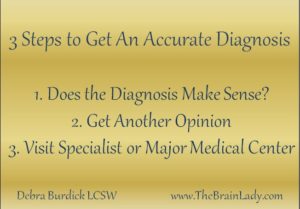 a family member have it is essential that the diagnosis given makes sense to you. You know your body better than anyone. Is there anything the doctor or mental health professional may have missed? Is there anything you forgot to mention or that you thought was unrelated that might help with getting an accurate diagnosis? Tune in to your own inner wisdom and/or ask for divine guidance to help you sort out what is going on inside the cells in your brain and body. Talk to your provider about your concerns about the diagnosis if it doesn’t make sense to you.
a family member have it is essential that the diagnosis given makes sense to you. You know your body better than anyone. Is there anything the doctor or mental health professional may have missed? Is there anything you forgot to mention or that you thought was unrelated that might help with getting an accurate diagnosis? Tune in to your own inner wisdom and/or ask for divine guidance to help you sort out what is going on inside the cells in your brain and body. Talk to your provider about your concerns about the diagnosis if it doesn’t make sense to you.
- Get another opinion. It is reasonable and often necessary to get a second or maybe even a third opinion. Doctors and mental health providers are human and do their very best to help their patients. But sometimes they miss things. My sister was first diagnosed with pneumonia when in fact she had Acute Myeloid Leukemia! Make sure the diagnosis makes sense to you and that the treatment is working and if not seek another opinion.
- Visit a major medical center and find an expert who specializes in treating your illness. Keep in mind that in order to get an accurate diagnosis (and thus proper treatment) you may need to visit a major medical center that specializes in symptoms like yours. My sister was not properly diagnosed and treated until her family signed her out of the local community hospital (against the doctor’s advice) and took her to a major hospital in Boston associated with Dana Farber Cancer Clinic. Here she was provided with a medical team consisting of many different specialists who all worked together to design and provide her treatment. The team leader was the head of the leukemia department at one of the world’s foremost cancer clinics!
Journal Prompts
What have you been diagnosed with? Does the diagnosis make sense to you? Have you ever been misdiagnosed and if so how did this impact your treatment and recovery? Did you ever seek a second opinion and what happened when you did so? When might you need to get a second opinion? Is your current medical or mental health provider a specialist in your symptoms? What might change in the course of your illness if you consulted a specialist or visited a major medical center? What gets in your way of getting a more accurate diagnosis?
I would love to hear your personal experiences with this topic.
Categories: ADHD, Anxiety, Articles, Bipolar Disorder, Chronic Illness, Depression, Manic Episodes, Pain, Parenting, Psychotherapy, Sleep, Stress, Traumatic Brain Injury
Tags: accurate diagnosis, ADHD Diagnosis, diagnosis, illness, Lyme Disease, second opinion, self-care



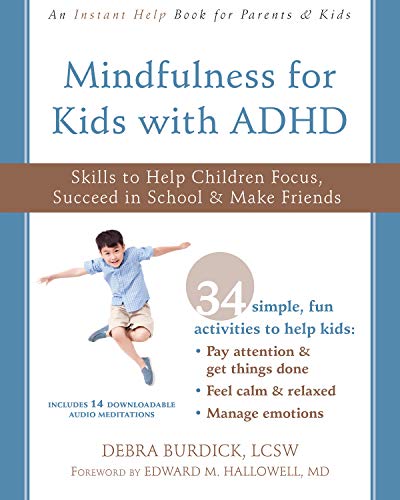
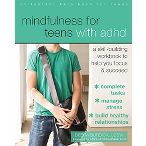
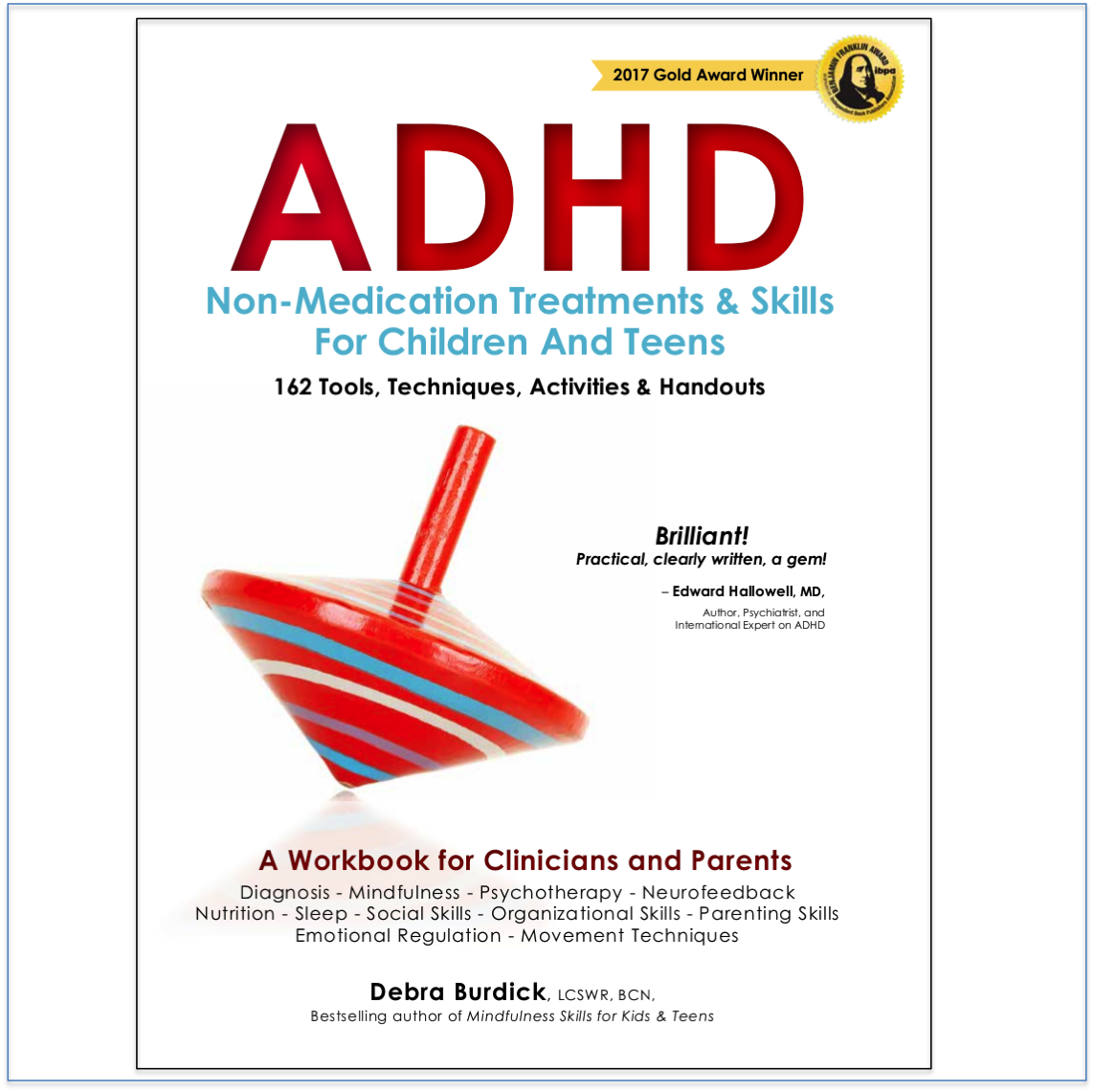
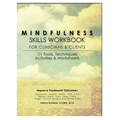
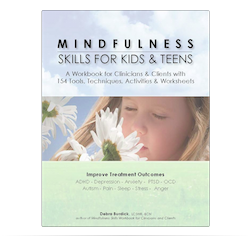

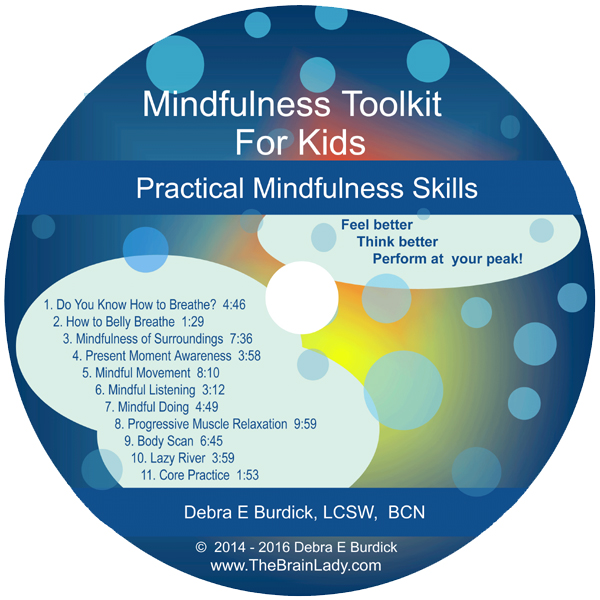
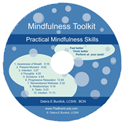
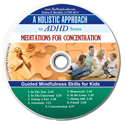


No comments yet. You should be kind and add one!
The comments are closed.